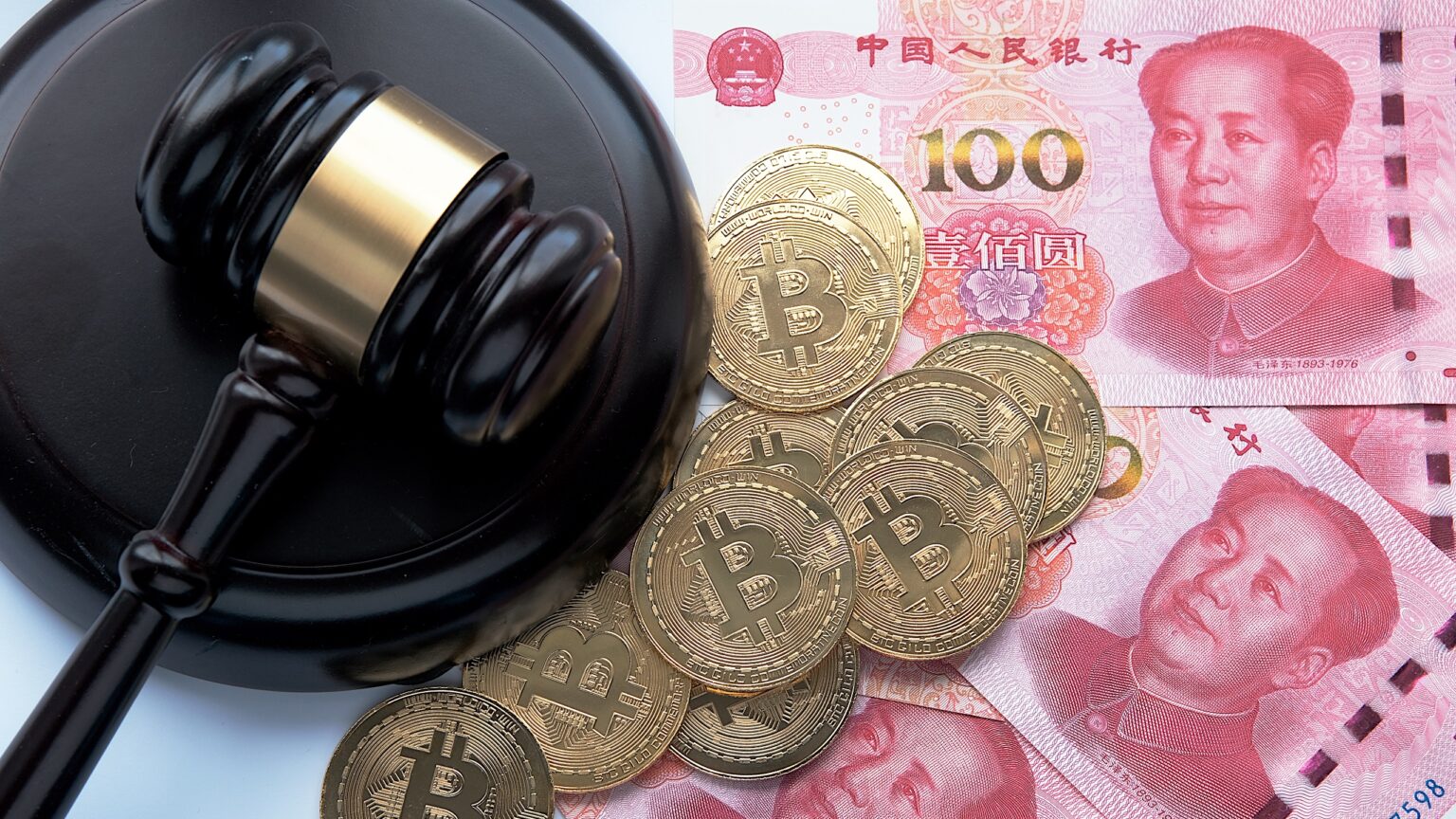In a time of economic flux and changing financial landscapes, the recent Shanghai Second Intermediate People’s Court report stands out as a significant moment for the crypto world.
Daring to challenge China’s traditionally restrictive views on digital currencies, the court’s formal recognition of Bitcoin’s distinct properties offers an encouraging glimpse into the future of cryptocurrency in one of the world’s leading economies.
Bitcoin: Not just another digital currency
Distinguishing Bitcoin from other digital assets was at the heart of the court’s report. While digital currencies like “Q coins” have made their mark in specific markets, Bitcoin’s global acceptance and limited availability set it apart. By recognizing these attributes, the Shanghai court has sent a clear message: Bitcoin is not just another fleeting digital asset but a unique phenomenon with inherent value and financial relevance.
Chinese court recognizes #Bitcoin as unique and non-reproducible currency, a positive development for the #cryptocurrency industry in China 🇨🇳 !! pic.twitter.com/euIII0DIPC
— BITCOINLFG® (@bitcoinlfgo) September 26, 2023
This stance doesn’t just reflect on Bitcoin alone. It speaks to the growing importance of cryptocurrencies on the world stage. By likening digital assets to personal property, as was done in Singapore, the court aligns with a growing global consensus about the future of digital finance.
What’s behind the timing?
China’s sudden warming up to cryptocurrencies might seem out of the blue, but a closer look reveals a multi-faceted strategy. Over recent years, China’s interactions on the global stage, be it backing Russia, fostering relations with BRICS nations, or launching its Central Bank Digital Currency, showcase a nation eager to diversify its financial bonds.
Despite these endeavors, China’s native currency, the yuan, has shown moments of fragility. Bitcoin’s unique ability to sidestep traditional capital controls, especially those set by the U.S., positions it as an intriguing hedge for China. The court’s acknowledgment might indicate China’s broader financial strategy to ensure robustness in an increasingly interconnected global economy.
Hong Kong’s balancing act
In parallel with its distinctive economic framework, Hong Kong has been navigating its path in the crypto arena. The recent introduction of a fresh regulatory framework for virtual assets by the Hong Kong Securities and Futures Commission (SFC) exemplifies its progressive approach. However, the SFC remains dedicated to ensuring transparency and authenticity in the crypto domain, as seen in its stern warning against the crypto exchange JPEX for its misleading licensing claims. Hong Kong’s efforts highlight a more considerable challenge: fostering innovation while ensuring market transparency and protecting investors.

Understanding China’s broader economic landscape
While the court’s pro-Bitcoin perspective is reportedly forward-thinking, it emerges against China’s complex and shifting economic environment. Slowing industrial output and dwindling new bank loans signal deeper structural problems that might need more immediate solutions.
Further amplifying these concerns is the potential instability in China’s real estate market. The interplay between this market, global commodities, and the U.S. dollar can’t be ignored. Such intricacies in China’s economic structure have manifested in fluctuating Bitcoin prices, indicating the crypto market’s sensitivity to macroeconomic shifts.
An interconnected financial ecosystem
The Shanghai court’s move might just catalyze a broader shift in attitudes towards cryptocurrencies in the East. As digital currencies increasingly find themselves interwoven in the fabric of global finance, such acknowledgements are not just symbolic; they could dictate the trajectory of global financial systems.
With the crypto sphere evolving rapidly and nations like China acknowledging its significance, the future of Bitcoin and other digital currencies seems promising. Acknowledgement by a significant player like China paves the way for broader acceptance, setting the stage for fascinating developments in digital finance.









 and then
and then